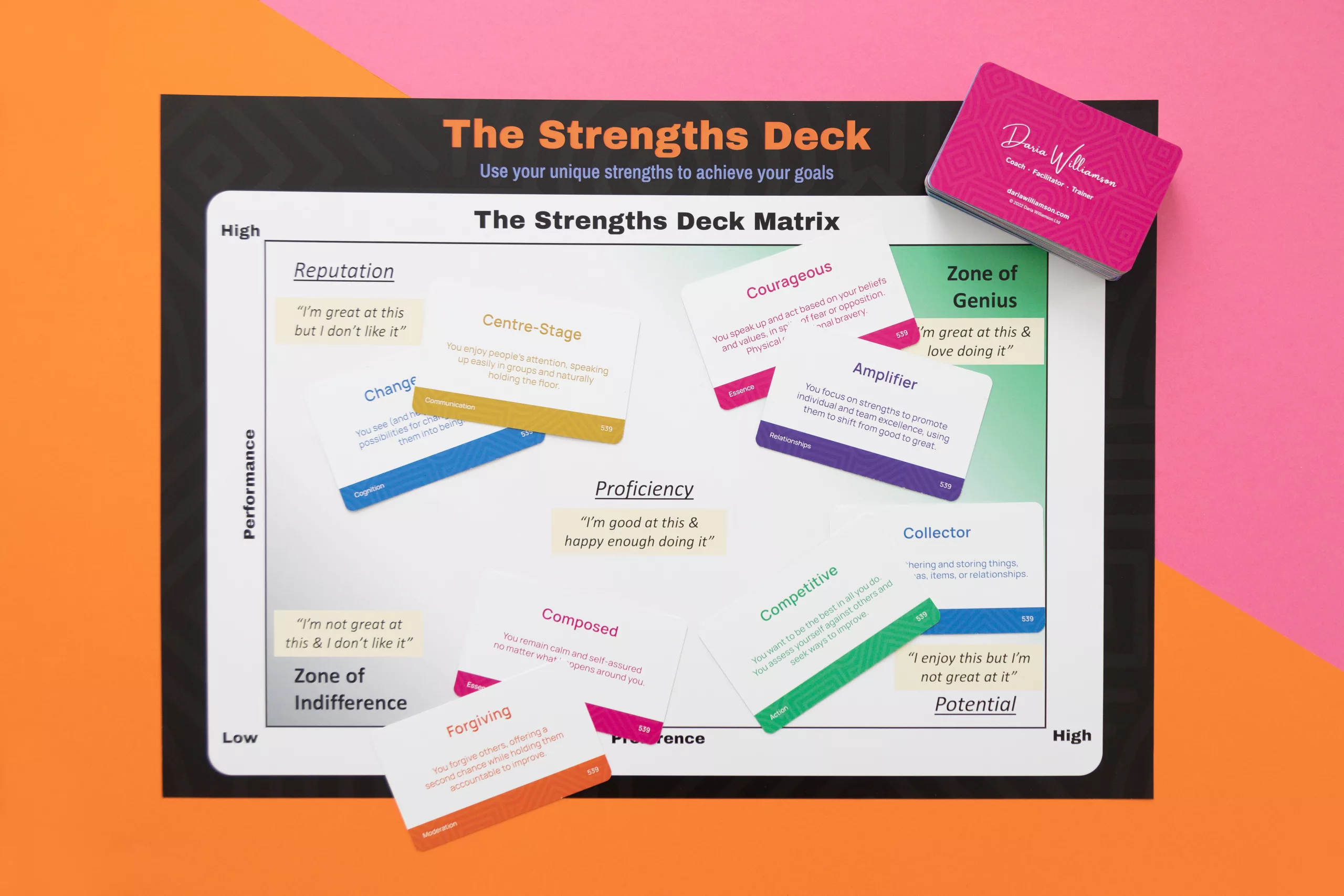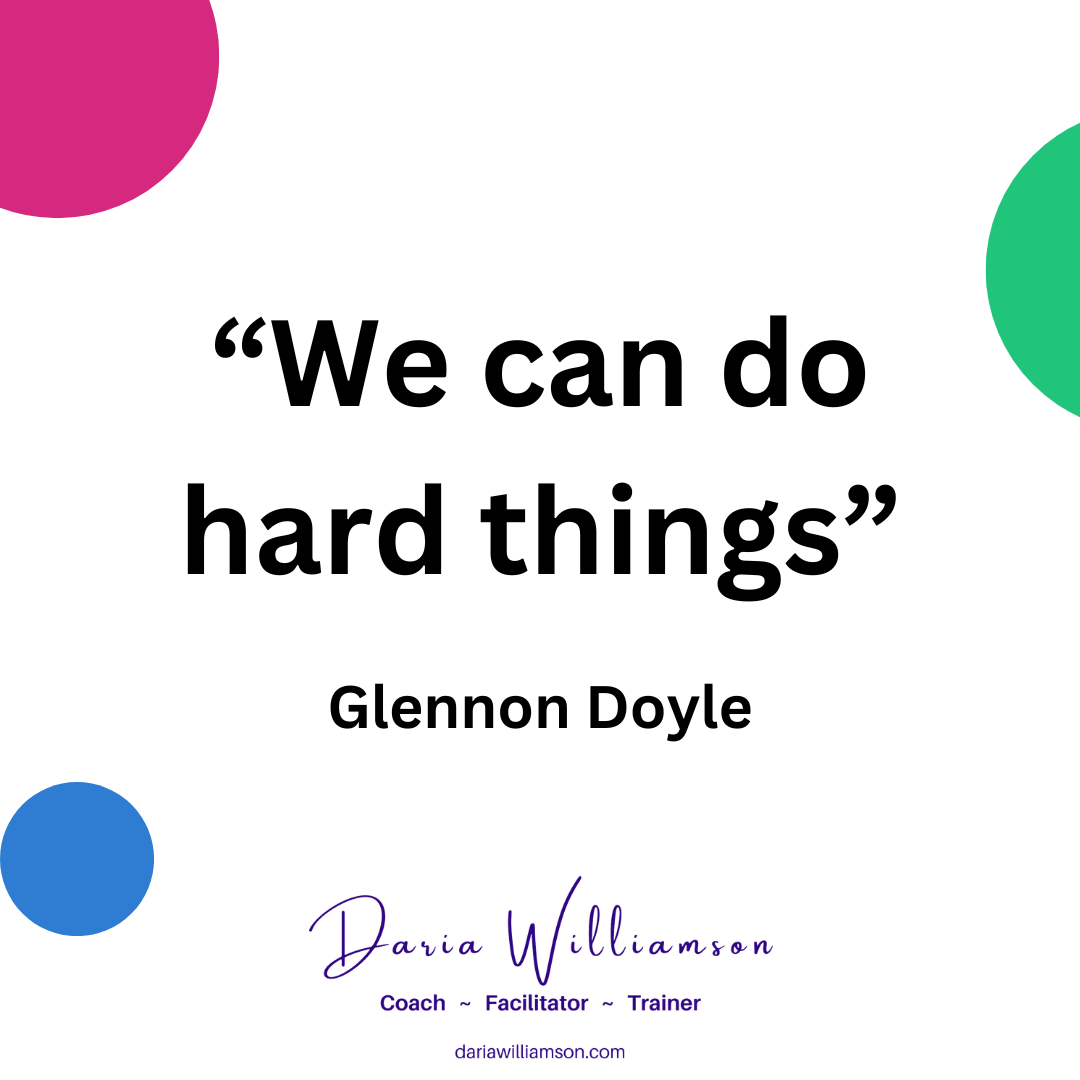I love my work. I love the flexibility to choose my hours and the interesting and fun projects and activities I get to do for my clients. But I was recently reminded that passion doesn’t excuse us from needing to look after ourselves. We still must actively choose to balance effort and ease, labour and leisure, at both individual and organisational levels.
When balance went out the window

Last year (2019) felt like a whirlwind. I launched my original website in January and spent hours every week drafting and re-drafting posts. As part of my personal development, I was also reading 3-4 non-fiction books a week.
In February 2109, I attended a cousin’s wedding and found out the same weekend that a dear family friend had passed away. I felt a tug-of-war between deep grief for the loss of our friend and delight for my cousin’s milestone. The “busy-ness” of the weekend meant I set aside my grief until it came back with a vengeance.
In the meantime, I trained for and ran a half-marathon, attended a powerful retreat on emotional intelligence, and completed one of New Zealand’s Great Walks.
All the while, I was working, writing, reading, and doing all the daily “administration” that life seems to require. I kept thinking “If only I make it through ‘X’, I’ll be OK”, pinging from one event or deadline to the next.
I felt like I was constantly racing the clock, trying to keep my energy just high enough to get to the next milestone. Which was fine, until it wasn’t!
Hello burnout, my old fiend friend!

Overnight, it felt like my body and mind gave up. I felt overwhelmed but struggled on. Suddenly, I realised that some years ago I had ignored a similar feeling that had developed into full-on burnout, and it had taken me nearly a year to recover.
Not this time! I immediately looked for ways to bring back balance. In fact, I had to tip the balance away from work and in favour of rest for a time, to redress the imbalance that had led me to dance on the edge of burnout.
Tipping the scales
I prioritised sleep, switched from reading heavy non-fiction to light fiction, went to bed earlier, was more careful about taking my supplements and adjusted my food to emphasise nourishment and healing. While I still had client work to do (it pays the bills, after all!), I chose to put writing on the back-burner while I was recovering. I reminded myself that recovery is a process, and I needed to stick with it to see results.
I also gave space and voice to my grief and loss, and got some professional help for the journey. And I was deeply grateful to my friends and family who offered ears, shoulders and hugs to help me through.
It’s a work in progress
I’m not there yet, but life is looking and feeling more balanced than it did in mid-2019. I’m reminded that we can’t “cheat the system” by continually pushing ourselves beyond our limits. We need time, nourishment and rest to rebalance.
Now, when I’m facing a busy stretch, I plan ahead and schedule activities that support my health and wellbeing. I listen and respond to what my body needs, from taking quick breaks away from the screen to being very deliberate about my food choices. This vigilance makes a difference. While there may still be a lot on my plate, and I may need to cut into sleep hours occasionally, I find my stress levels remain manageable, I produce quality work, and I can have confidence that I’ll come through with flying colours.

Balance isn’t just for individuals
I believe that what is true for us individually is also true for organisations. After all, organisations are simply groups of individuals, working together. To expect maximum efforts and excellent results from everyone, all the time, is a recipe for disaster. We just aren’t built that way.
As leaders, we need to ensure that our people get the right mix of up-time and downtime, of inputs and outputs, of effort and rest. It’s not easy, because the balance point differs between individuals, and can differ for the same individual depending on what else is going on in their lives.
Leading for balance
So how do we get the balance right? And how do we lead ourselves and our people to a place of balance? A good place to start is by talking about it.
We need to talk to our support network – peers, managers, team members, friends and family. Find out what’s going on for them and what we can do to help. Then share what’s going on for us, and ask for support.
Asking for help can feel really scary. But being prepared to demonstrate vulnerability in this way can forge the type of connections that nourish our wellbeing. It can also be an incredibly liberating experience, as those around us step up and lend a hand.






